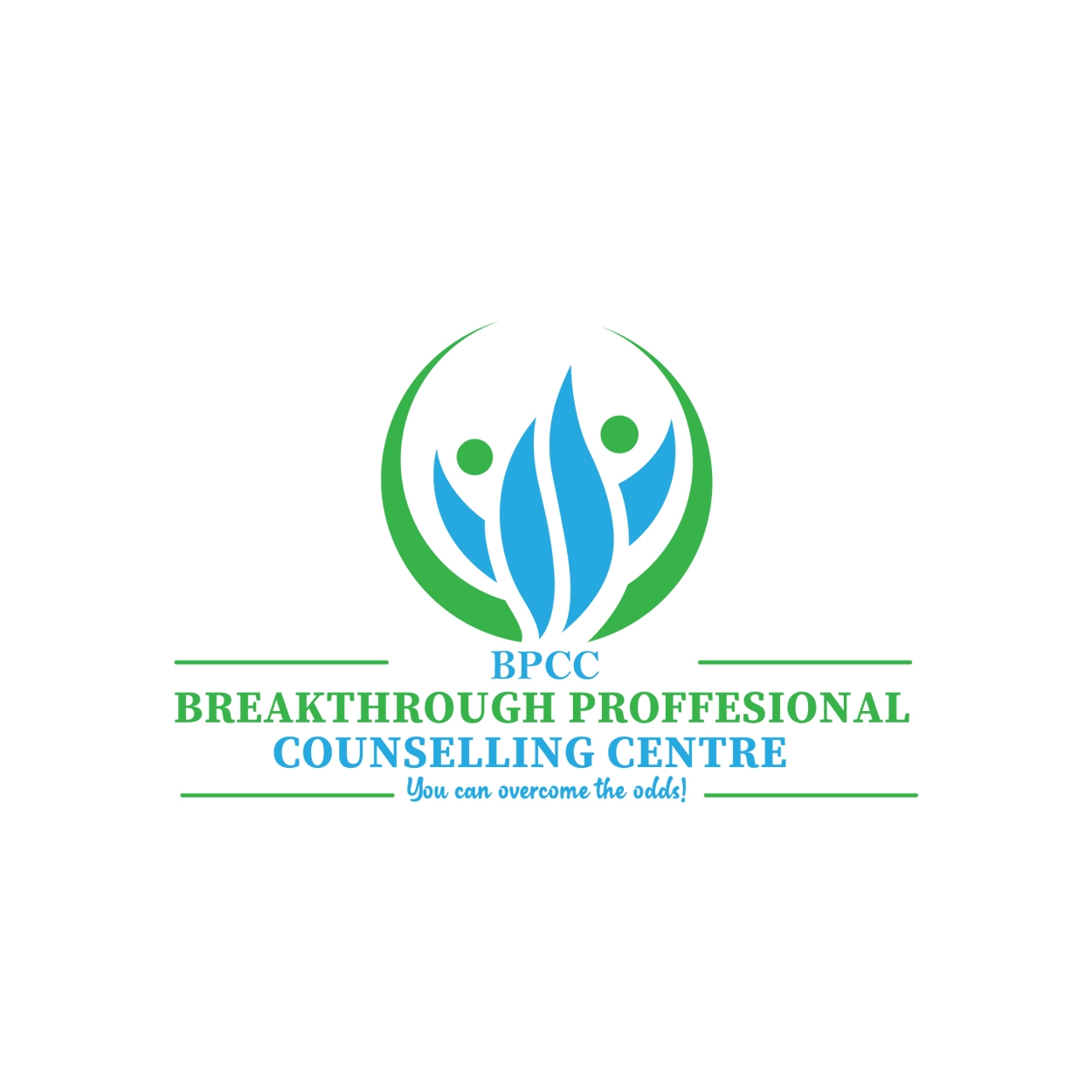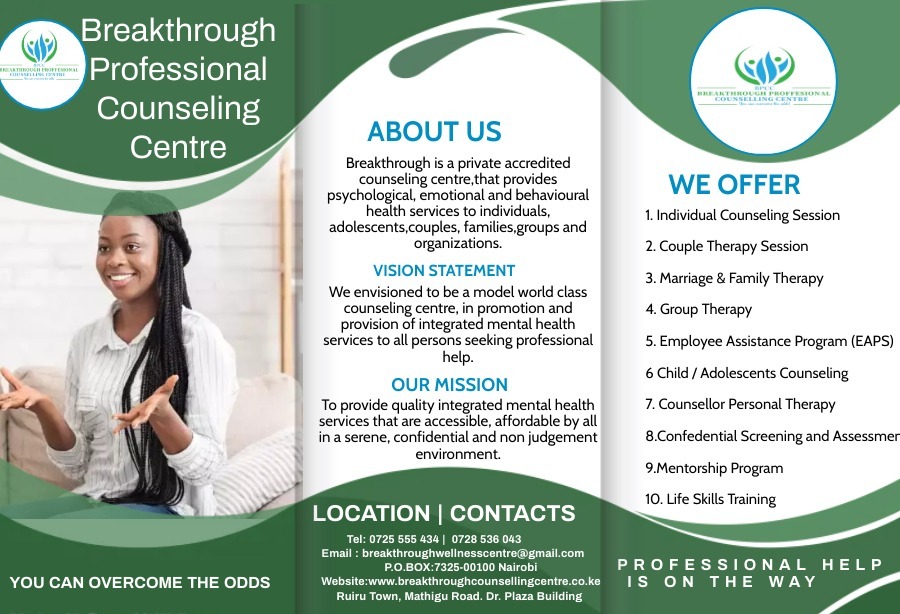10 Daily Life Challenges That Therapy Can Help You With

Therapy is very important in helping someone deal with daily life challenges in a healthy way and maintain stability.
The counselling process allows you to navigate through what is getting into your way of happiness and find resources within you to cope with life’s difficulties, such as anxiety and depression.
Therapy can help you find ways to feel better about yourself, cope with stress, and live a happier and more fulfilling life.
Talking about what is going on can help you to relieve the tension, anxiety and other troublesome emotions that get in your way of happiness.
It can give you a new outlook and help you feel better about yourself. This allows you to explore new insights and ideas about staying positive and overcoming the challenges threatening your happiness.
Different types of therapy include group therapy, individual therapy, couples counselling, and family therapy.
It’s designed to help you develop resilience and the ability to focus on yourself and bounce back to life.
You learn to focus on your goals and overcome your fears, anxieties, insecurities, and feelings of failure.
Issues That Therapy Can Help You to Overcome.
Anxious or Depressed
Many people struggle with anxiety and depression. Maintaining a healthy lifestyle is difficult when your emotions are running high, and you may be unable to deal with the issue at hand.
As a matter of fact, therapists are trained on how to walk with you on a journey to get well again. This is done by shifting the perspective of some of the thoughts you may be having as well reframe your experience by focusing on the positive aspects of life. You can also learn to deal with negative thoughts, emotions and maladaptive behaviors.
Constant Negative Thoughts
Negative thoughts can quickly take over, leading to depression and suicidal thoughts. In therapy, you can share your thoughts and process them in a safe environment to change negative self-talk and process upsetting emotions. This provides you with a healthy outlet for the things that bother you and helps solve your issues.
Lack of self-confidence
Lack of self-confidence may impact you in many ways in that you do not feel good about yourself and may also experience a lack of motivation. You also may experience uncertainty about the future.
Learning how to build self-confidence and overcome self-doubt leads you to be more productive, have greater self-esteem, have a better social life, and feel happier.
Work Stress
Experiencing much stress at work can affect your relationships, schoolwork, and other aspects of life. Therapy can teach you how to deal with workplace stress effectively and provide positive methods for coping with work pressure.
It also teaches you proper techniques for communicating with others at work and in your personal life.
Anger Management
If you cannot control your anger, it can lead to problems with friends and family leading to legal issues. When you attend a session and this identified an area of need, you will be equipped with useful skills on how to deal with anger in a healthy way before it escalates.
You will also learn about positive ways to express or manage your emotions, so you do not hurt the ones you love and lose out on relationships.
Relationship Issues
If you have relationship issues, therapy can help you sort these problems out healthily. It can teach you how to communicate effectively and develop positive communication skills with your partner. It may also teach you how to handle conflict and effectively resolve arguments.
Family counselling effectively deals with family issues because it teaches family members to resolve their problems together rather than alone. This promotes healthy communication and helps build stronger relationships between family members.
Trauma
If you have experienced trauma, you may develop Post Traumatic Stress Disorder (PTSD). In case you have experienced severe trauma, therapy can help you overcome your problems and gain control over your emotions.
Therapy may also provide additional coping skills to assist in reducing PTSD symptoms and prevent future episodes.
Overcoming Grief
Losing a loved one can be extremely hard, which is why grief counselling is offered. It provides a safe place to process your thoughts and feelings regarding losing your loved one.
Loss and grief counselling can be helpful if the loss is sudden and recent, as it helps with the grieving process and lets you come to terms with what has happened. You may also receive support from friends and family while attending therapy sessions.
Social Skills Training
Suppose you need help understanding yourself and your surroundings or communicating effectively with others. In that case, therapy can help you improve your intra and interpersonal skills hence feel more confident dealing with the people around you.
It can give you the tools to make new friends and improve your social relationships. This may lead to a better life in relationships and at work.
Dealing with Life Transition
Life transitions can be difficult because you may need help handling the change. Therapy can help you transition healthily and learn how to deal with obstacles.
This means you will able to understand the changes you are experiencing and whether any area of your life needs more attention. In addition, during therapy, you can learn how to make a positive transition and avoid the negative feelings accompanying change.
Some of the Ways a Therapist Use to Help You
1. Talking it Through
One of the most obvious things a therapist can do is listen to you attentively and reflect on your challenges.
Whatever your problems, simply having someone who will listen and provide an unbiased opinion will relieve you. Open communication allows you to feel comfortable addressing your concerns properly and be free.
A therapist will not only listen carefully to what you are saying, but they will also teach you how to deal with your problems healthily. Changing your negative thoughts into positive ones is a simple example of this.
Your therapist can help you learn how to identify ways to avoid certain situations that make you unhappy and teach you new ways of dealing with them that will make them more productive for you.
Discussing Your Feelings
A therapist will know how to deal with your feelings constructively. While it is important to express your feelings and express them to the right person, no one wants to be strung along with promises of getting something they don’t like and then be discouraged when the therapist fails to deliver on those promises.
Helping You Get Support
A therapist will help you find outside support for the problem at hand. Your therapist can be a link or resource to support groups around you/within your residence where you can occasionally be supported.
Differentiation
A counsellor can help you learn to be independent and not to be influenced by others intellectually and emotionally. Sometimes it’s not easy to take care of oneself at all times, but with a good therapist, you can learn how to give yourself the support you need and not rely on someone else for something you can do for yourself instead.
You deserve to be happy, and counselling can help you achieve that by learning how to deal with the issues in your life.If you think you benefit from treatment, talk to a therapist about how therapy can improve your life.
A professional can help you overcome obstacles and provide positive techniques for coping with life’s challenges. This means you can live a happier life free from worry and stress.
If you are experiencing any daily living challenges right now, we wish to share with you that you are not alone. We are here to help you overcome future challenges and live a more productive, enjoyable life filled with positive experiences.
About The Guest Writer

Caroline M Mwangi
Counsellor, Psychologist
She is passionate about writing on a wide spectrum of contextual issues affecting human behaviours and creating awareness.
Email:carolinemwangi23@gmail.com











https://breakthroughcounsellingcentre.co.ke/are-you-applying-silent-treatment-in-your-relationship-marriage/